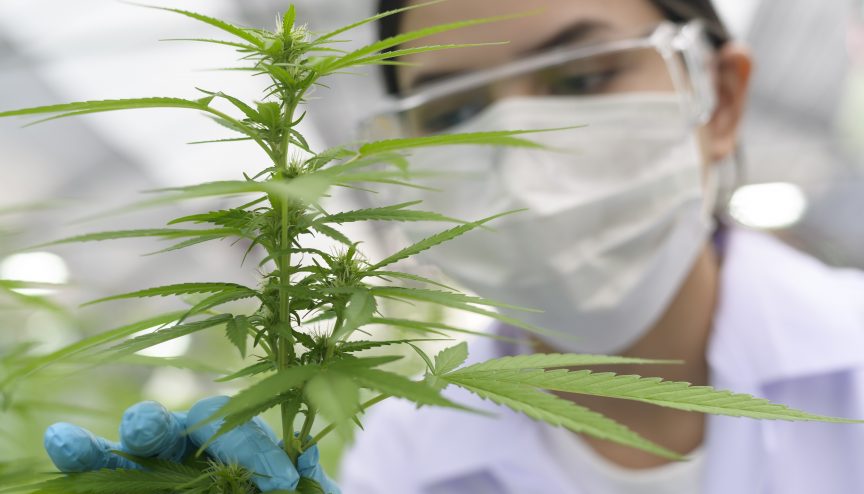Recent cannabis use is associated with extremes of nightly sleep duration among adults, according to a study published online Dec. 6 in Regional Anesthesia & Pain Medicine.
Calvin Diep, M.D., from the University of Toronto, and colleagues conducted a cross-sectional analysis of adults using the National Health and Nutrition Examination Survey from 2005 to 2018 to examine the association between cannabis use and nightly sleep duration. Respondents were dichotomized as recent users or nonusers based on cannabis use in the previous 30 days. Nightly sleep duration was categorized as short (less than six hours), optimal (six to nine hours), and long (more than nine hours).
Overall, 14.5 percent of a sample representing about 146 million adults in the United States reported recent cannabis use. The researchers found that recent users were more likely to report short sleep and long sleep (odds ratios, 1.34 and 1.56, respectively) compared with nonusers in an adjusted analysis. The likelihood of being at the extremes of nightly sleep duration was further increased for heavy users (≥20 of the previous 30 days).
“Despite the current literature demonstrating mixed effects of cannabis and various cannabinoid formulations on sleep architecture and quality, these agents are being increasingly used as both prescribed and unprescribed experimental therapies for sleep disturbances,” the authors write. “Given the growing prevalence of cannabis use, future studies should continue exploring the relationship to human sleep using polysomnographic or actigraphic analysis.”
Two authors are investigators for a study of medical cannabis use funded by Shoppers Drug Mart.
Abstract/Full Text (subscription or payment may be required)

